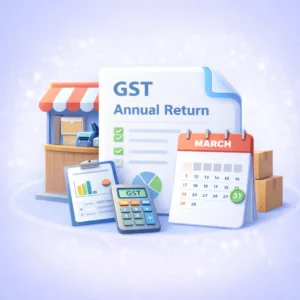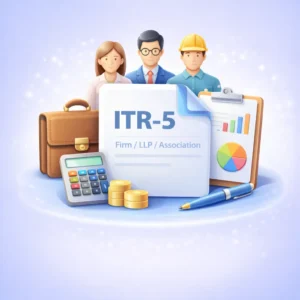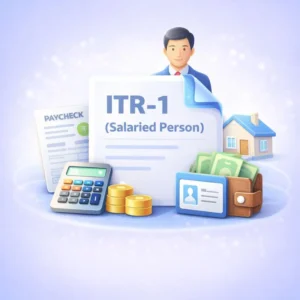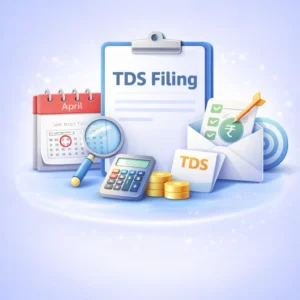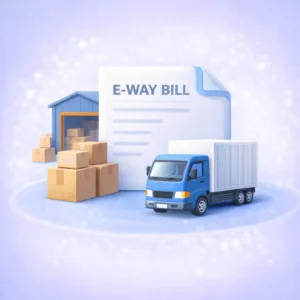Our Financial & Compliance Services
Complete financial, taxation, loan, and statutory compliance solutions for individuals & businesses across India.

Trusted
We work with banks, tax authorities, and regulatory bodies to deliver reliable and compliant solutions.

Certificate
Handled by experienced finance, tax, and compliance professionals.

Security
Your financial data is kept strictly confidential with secure documentation handling.

Expertise
Years of experience in loans, taxation, GST, and business compliance.










